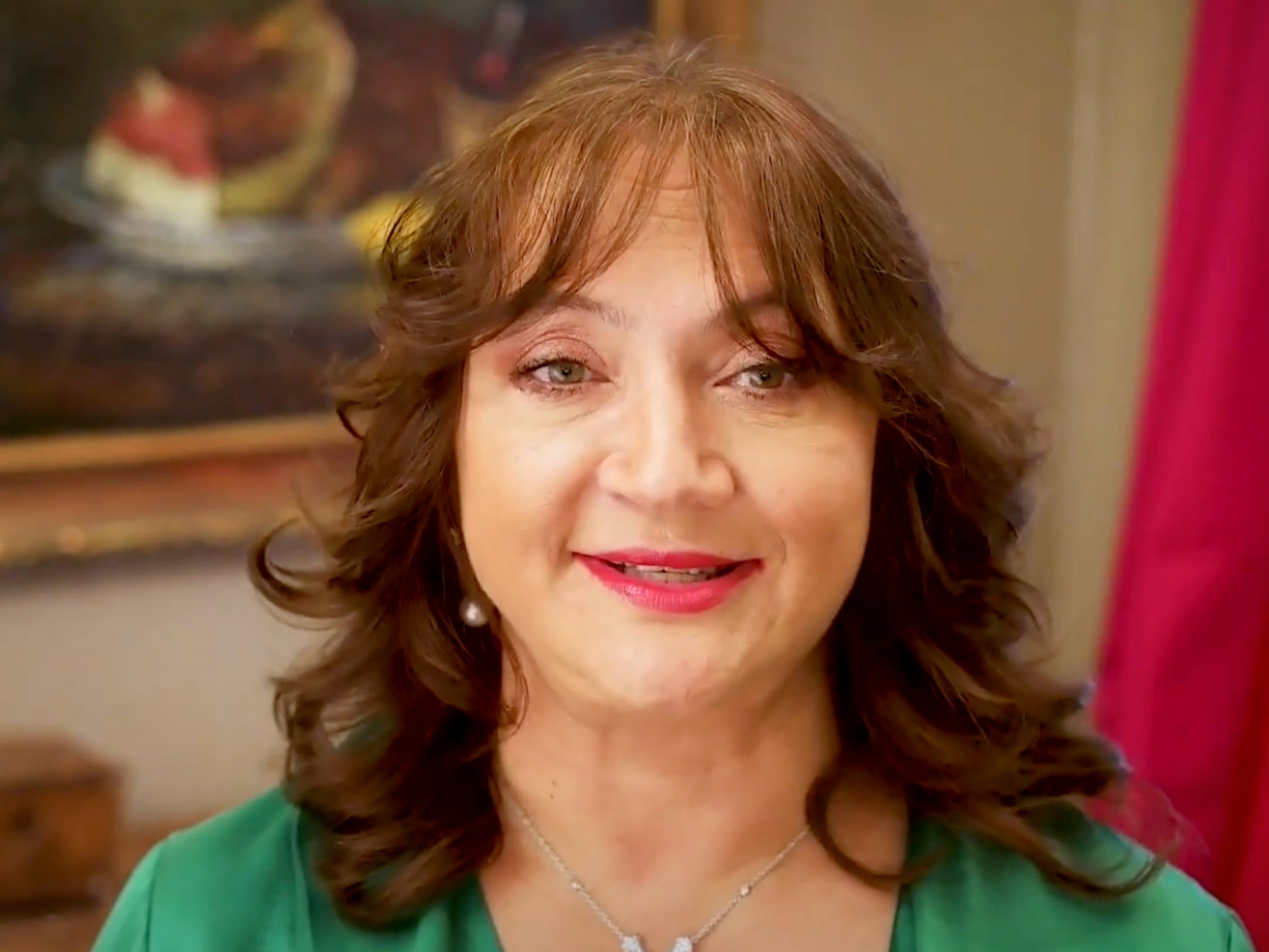
Celebrity divorce lawyer Ayesha Vardag has dropped her strict corporate dress code to allow employees to “express themselves”.
Vardag, who was dubbed Britain’s top divorce lawyer by the Law Society in 2010, was formerly known for maintaining a corporate image when she allegedly banned staff at her law firm, Vardags, from wearing cardigans in 2020.
The 54-year-old, however, has recently told employees that they can dress in “gold leather trousers”, “scarlet Doc Martens” or have “pink hair” if they so wish, marking a departure from its previous office attire guidance.
Vardag, who was named the “diva of divorce” by Time Magazine, is known for her wealthy and high-profile clientele.
Her law firm revealed its updated dress code on Wednesday (25 January), marking a shift in the attitudes towards professional attire at the company.
The Times reports that, in a memo to staff, Vardag acknowledged that “times change” and that she was adamant that her firm won’t get stuck in the past.
“There was a time for our dress code with double cuffs and cufflinks, formal dark suits and jackets,” the lawyer apparently wrote to employees.
She added: “Now business suits are so much the domain of bankers and estate agents that they’re eschewed by some of the funkier London clubs. So we’ll move on to a dress code more like Annabel’s,” she continued, referencing the private member’s club in London where staff wear brightly coloured, elaborate uniforms.

Vardag said the “essence” of the firm’s revamped dress code was “elegance”.
“You can still wear your suits if you like (and probably need to for court, more or less),” she apparently assured some staff, continuing: “But day to day if you fancy an electric blue sequinned jacket and gold leather trousers, if you want pink hair or scarlet Doc Martens, if you want a purple velvet jacket, that’s all good”.
Vardags is popular among footballers, billionaires and celebrities who are going through a divorce, famously securing a £64m divorce deal for Pauline Chai, wife of Laura Ashley boss Khoo Kay Peng.
The lawyer rose to fame after winning the 2010 landmark Supreme Court case that resulted in prenuptials becoming enforceable in England and Wales.







